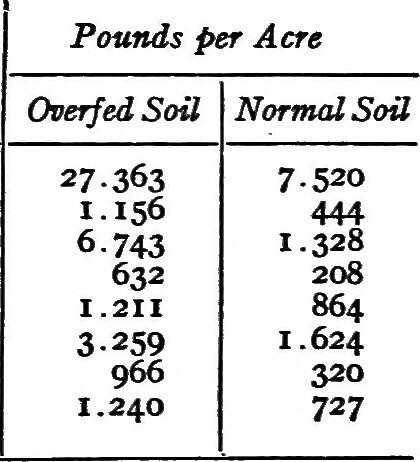Form I-864 and Joint Sponsors: What You Need to Know

Form I-864, also known as the Affidavit of Support, is required in certain immigration processes to demonstrate that the intending immigrant has adequate financial support and will not become a public charge in the United States. In some situations, a joint sponsor may be needed to supplement the financial support if the petitioner (sponsor) does not meet the income requirements. Here are some situations that may necessitate obtaining a joint sponsor:
- Insufficient Income of the Petitioner (Sponsor):
- If the petitioner’s income is below the required threshold for their household size, a joint sponsor can provide additional financial support to meet the income requirements.
- Unemployment or Underemployment of the Petitioner:
- If the petitioner is unemployed or underemployed, their income may not be sufficient to meet the minimum income requirements. In such cases, a joint sponsor with adequate income may be required.
- Self-Employment or Variable Income:
- If the petitioner is self-employed or has a variable income that does not meet the minimum requirements, a joint sponsor with stable and sufficient income may be necessary.
- Inadequate Assets:
- If the petitioner does not have sufficient assets to meet the financial requirements, a joint sponsor can use their assets to supplement the income and demonstrate financial ability.
- Debt or Financial Obligations:
- If the petitioner has significant debts or financial obligations that reduce their available income, a joint sponsor may be needed to show that there is enough financial support for the intending immigrant.
- Recent Income Decrease:
- If the petitioner has experienced a recent decrease in income that puts them below the required threshold, a joint sponsor may be required to demonstrate ongoing financial stability.
It’s important to note that the joint sponsor must be a U.S. citizen or lawful permanent resident, and they must meet the income requirements for their household size in addition to the intending immigrant’s household. The joint sponsor is essentially providing a financial backup to ensure that the intending immigrant will have the necessary financial support to avoid becoming a public charge in the United States.
How to determine Marriage Green Card Income Requirements
The income requirements for a Marriage Green Card (officially known as the Form I-864, Affidavit of Support) are determined by the U.S. government and may change over time. It’s important to check the latest guidelines on the official U.S. Citizenship and Immigration Services (USCIS) website or consult with an immigration attorney for the most up-to-date information.
As of the last update, here are the general steps to determine the income requirements for a Marriage Green Card:
Determine Sponsor’s Eligibility:
- The U.S. citizen or permanent resident spouse (the sponsor) must be eligible to file an affidavit of support. This typically involves being at least 18 years old, a U.S. citizen or permanent resident, and living in the United States.
Review the Poverty Guidelines:
- The income requirements are based on the U.S. Department of Health and Human Services (HHS) Poverty Guidelines. The sponsor’s income must be at least 125% of the poverty level for their household size. The household size includes the sponsor, the sponsored immigrant, any dependents, and any other individuals who are claimed as dependents on the sponsor’s tax return.
Check the Affidavit of Support Form I-864P:
- The USCIS Form I-864P is used to determine the minimum income requirements. The form includes the Poverty Guidelines for the current year. You can find this form on the USCIS website.
Provide Supporting Documentation:
- The sponsor needs to provide evidence of income, such as recent tax returns, W-2 forms, or other financial documents. If the sponsor’s income does not meet the minimum requirements, they may need to use assets or find a joint sponsor who meets the income criteria.
Consider Additional Factors:
- USCIS may consider additional factors when assessing the sponsor’s ability to support the immigrant financially. These factors may include the sponsor’s employment stability, debts, and other financial responsibilities.
Use the Most Recent Guidelines:
- USCIS updates the Poverty Guidelines annually, so it’s crucial to use the most recent version when filing the Affidavit of Support.



